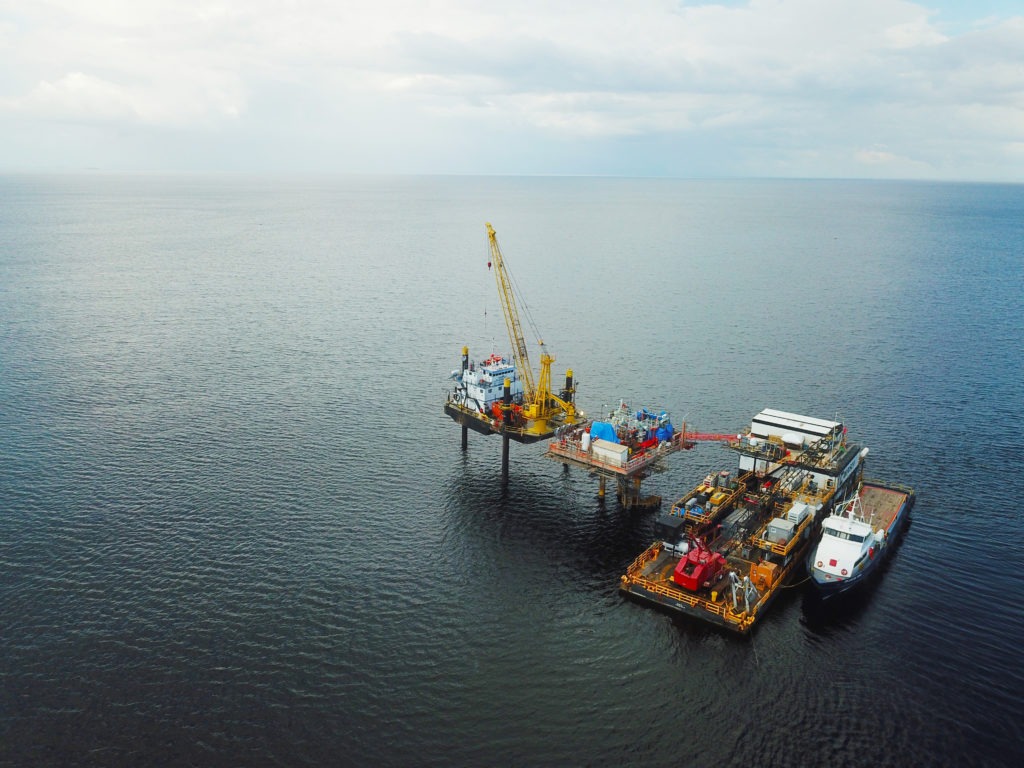
Offshore Development Template to Address West’s Energy Crisis
Stewart Maxwell, Technical Director at Aquaterra Energy
With Moscow still supplying 40% of the EU’s natural gas, 27% of its oil and 4% of UK gas, the race is on for Europe to find alternative suppliers from resource-rich regions such as West Africa. However, the complexity of new oil and gas projects may exceed the local manufacturing, logistics and installation capabilities in these emerging economies.
We need lean, efficient, innovative offshore engineering methods to help emerging economies scale up production at speed and plug the Russia-sized gap in our supplies.
The race to replace Russian energy
This is an opportunity to turbocharge social and economic development across markets, from West Africa to South America. For example, historical energy trading relations and existing pipelines between Europe and Africa mean the continent is perfectly poised to fill the gap. Yet this will require an unprecedented race for offshore field development in countries where production capacity, training and infrastructure are less developed. Some of these countries may lack the large construction yards, ports and in-country installation equipment needed to construct, carry, and assemble conventional offshore oil and gas platforms.
Lean engineering could fast-track production
We need a revolution in lean engineering that fast-tracks offshore field development and maximises the use of existing and in-country resources in these emerging economies. Lean engineering innovations from mobile offshore production units (MOPUs) to minimum facility platforms could significantly improve the project economics of field developments in regions such as West Africa that have many smaller and shallow water fields. For example, new minimalist, modular designs can be scaled from monopiles for small fields with one or two wells to conductor or jacket supported platforms for extra capacity. These modular, lightweight platforms can be rapidly manufactured, transported and assembled with small yards and minimal facilities.
How West Africa is pioneering efficient production
Recent projects to increase gas production in West Africa show how smart offshore platform designs can accelerate production while utilising local resources and content. We worked with a local operator in the Niger Delta harnessing lightweight, low-cost, locally fabricated platforms to allow oil and gas production to start during construction and accelerate time to first oil by six months. It’s now delivering 185 million barrels of oil and 637 billion cubic feet of gas reserves for Nigeria. However, it’s not only larger fields that can reap benefits. Production can even be accelerated in smaller fields where fixed platforms are unviable, through innovations such as installing wellbay modules on the hulls of MOPUs, which removes the need for any platform.
The looming gap in Europe’s energy supply
The energy price crunch and the ongoing Ukraine crisis have spurred an international search for new energy sources. There’s an urgent need for innovations capable of maximising the speed and cost-efficiency of production at new fields in emerging economies, including small, shallow water sites. The key is to create minimalist, modular field development solutions that are designed for in-country fabrication, installation, and maintenance with limited local resources. This could help to efficiently plug the looming gap in Europe’s energy supply and offer a sustainable path to economic progress and energy autonomy for markets across the world.